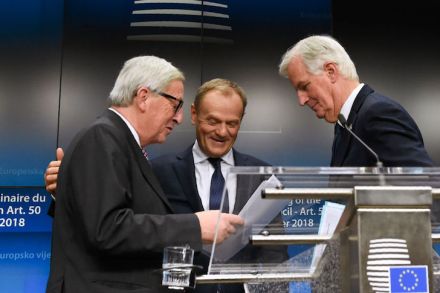Ditching Theresa May achieves nothing
Theresa May has failed. That is no longer in doubt. Nor is there any prospect of resurrection. Her credibility within the Conservative party, the House of Commons, and the country at large is shot. The only thing propping up her Government is the fear that allowing it to collapse completely would invite Jeremy Corbyn into Downing Street. That, for the time being, is something even this deranged iteration of the Conservative party is not prepared to countenance. As a matter of party politics, May has been on some kind of unofficial probation ever since last year’s disastrous general election. In office, certainly, but only tolerated grudgingly. As far as the




















